The National Assembly's Draft Resolution on a number of specific mechanisms and policies to make breakthroughs in education and training development puts forward a group of policies on programs, content and mechanisms for education development.
This group of policies aims to remove administrative procedures in the appraisal, approval and piloting of new educational programs, creating space and motivation for innovation and creativity from the grassroots level, quickly responding to changes in practice. Specifically as follows:
Firstly, the Government regulates the responsibility for state management of education, including:
Decide on major policies that affect the rights and obligations of citizens to study nationwide;
Decide to reform the curriculum content of each level of education; decide to widely apply new policies in education that have been successfully piloted, when such application affects the rights and obligations to study of citizens nationwide;
Regulating the mechanism to encourage and formalize the training model according to business orders; the mechanism for co-funding, co-developing programs and recognizing learning outcomes and skills trained by businesses, in accordance with the law;
Second, the Minister of Education and Training is responsible for: Annually reporting to the Government on educational activities and implementation of the education budget; directing the innovation of preschool education programs to meet the requirements of comprehensive development of children right from the early stages;
Allowing the pilot implementation of innovative education programs (integrated, STEM/STEAM, bilingual, international) and establishing vocational skills councils in a number of key and priority sectors and fields; the appraisal and approval of programs and regulations on the operating mechanism of vocational skills councils are prescribed by the Minister;
Allowing higher education and vocational education institutions to develop and implement open and flexible training programs linked to scientific research, innovation, technology transfer and labor market needs; at the same time, regulating the recognition of learning outcomes, credits, certificates and skills accumulated from various forms of learning, ensuring output standards, quality assessment, connectivity in the national education system, promoting lifelong learning and international integration;
Implement a special mechanism to receive, transfer, and order high-quality vocational training programs from advanced countries in the fields of core technology, semiconductors, artificial intelligence, renewable energy, biotechnology, automation, and precision mechanics; select key facilities to conduct pilot programs, and then expand them;
Be responsible for presiding over the organization of implementation and deciding on the use of a set of general education textbooks for uniform nationwide application according to a suitable roadmap, ensuring efficiency and savings.
Third, apply special mechanisms in education and training for the fields of culture, arts, and high-performance sports, specifically:
The Government regulates mechanisms and policies for the fields of culture, arts, and high-performance sports, including: early detection, selection, and training of talents; application of separate professional standards for lecturers, coaches, and artists; prioritizing investment in facilities and specialized equipment for training and practice; implementing preferential policies linked to national and international achievements; ordering high-quality human resource training linked to business and labor market needs.
Source: https://giaoducthoidai.vn/thao-go-thu-tuc-hanh-chinh-trong-phe-duyet-thi-diem-chuong-trinh-giao-duc-moi-post750041.html




![[Photo] Deep sea sand deposits, ancient wooden ship An Bang faces the risk of being buried again](https://vphoto.vietnam.vn/thumb/1200x675/vietnam/resource/IMAGE/2025/11/13/1763033175715_ndo_br_thuyen-1-jpg.webp)



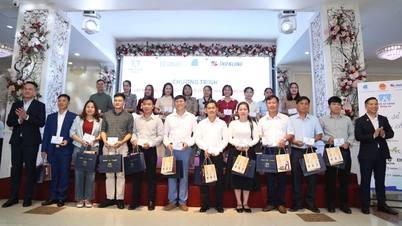




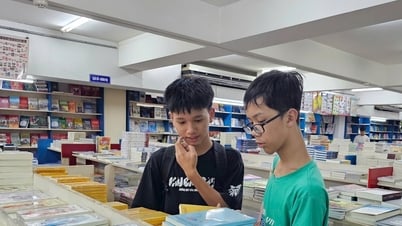

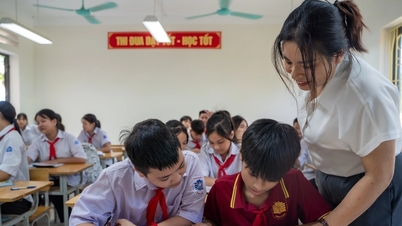

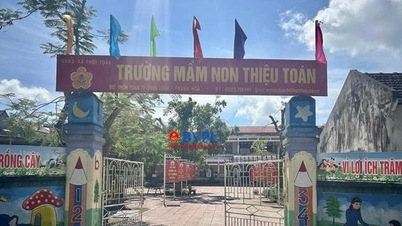
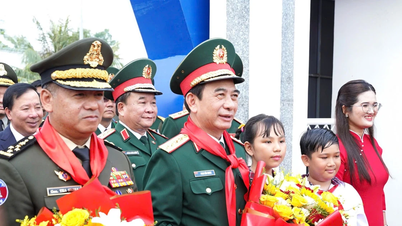
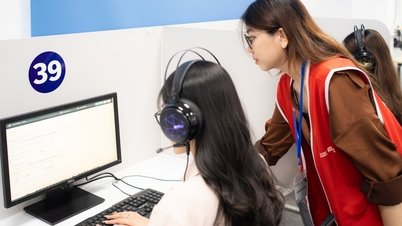
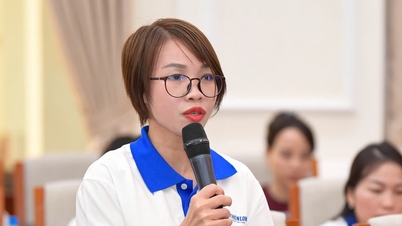





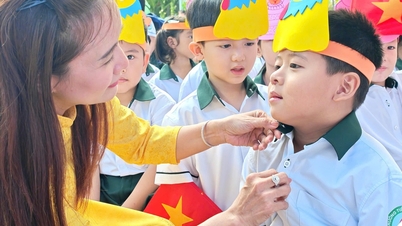




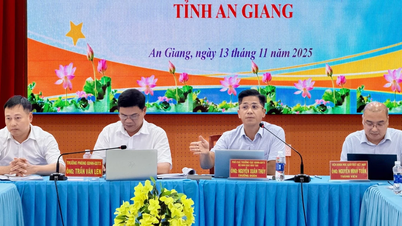
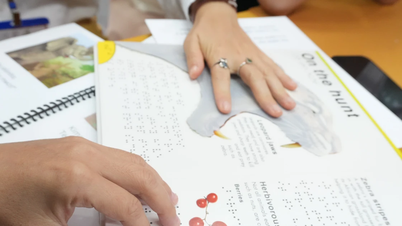

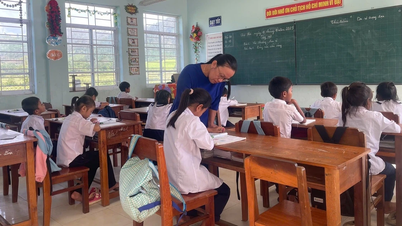
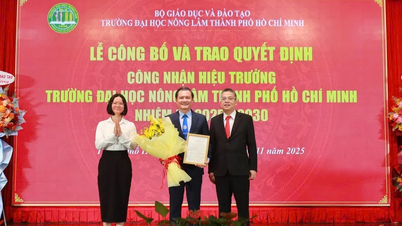
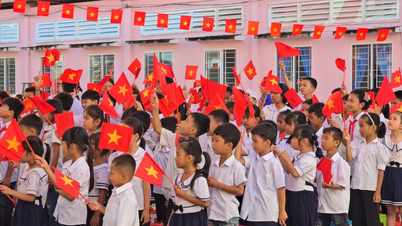




































![[Photo] Panorama of the 2nd Vietnam-Cambodia Border Defense Friendship Exchange](https://vphoto.vietnam.vn/thumb/402x226/vietnam/resource/IMAGE/2025/11/13/1763033233033_image.jpeg)
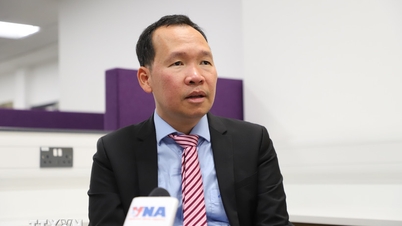

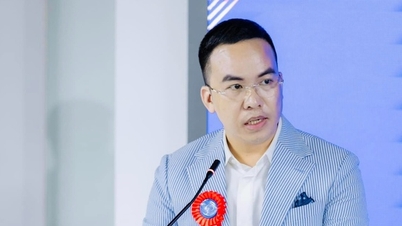
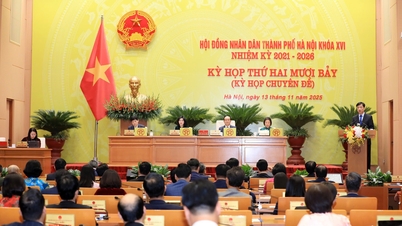

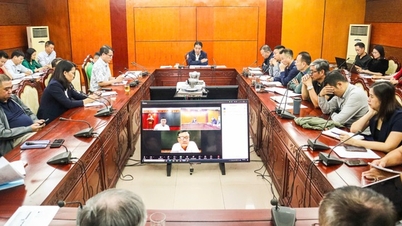
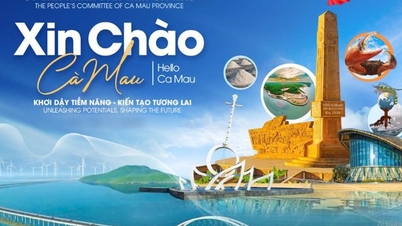
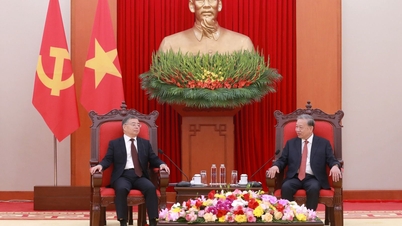
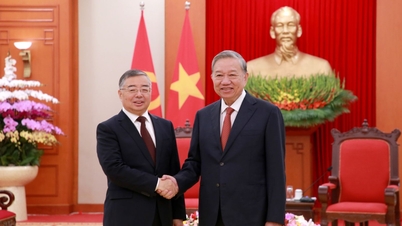
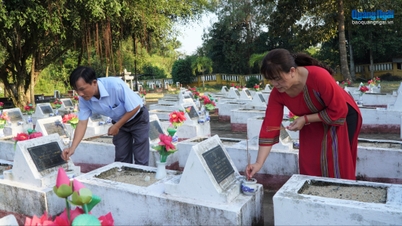
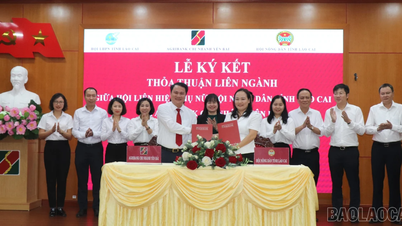




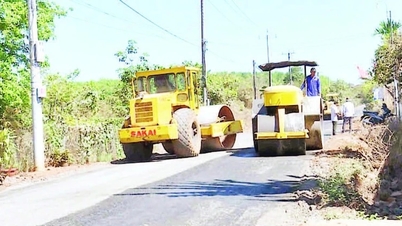
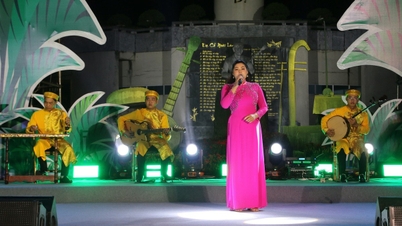






![Dong Nai OCOP transition: [Article 3] Linking tourism with OCOP product consumption](https://vphoto.vietnam.vn/thumb/402x226/vietnam/resource/IMAGE/2025/11/10/1762739199309_1324-2740-7_n-162543_981.jpeg)







Comment (0)